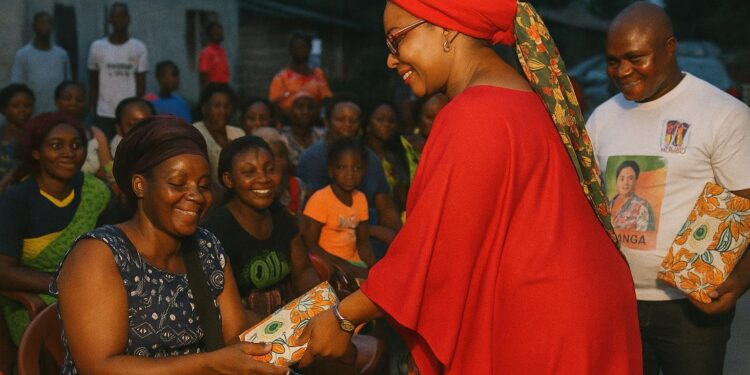Prospects for Replicability and External Partnerships
Whether Mpaka’s culinary diplomacy can scale beyond Pointe-Noire will hinge on financing and supply-chain stability. The association currently relies on a triad of resources: in-kind donations from local wholesalers, municipal budgetary allocations and a modest crowdfunding campaign targeting the diaspora in Île-de-France. Discussions are underway with the World Food Programme’s Congo office for technical assistance on storage and nutritional balancing, according to a WFP official who requested anonymity because negotiations are ongoing.
Diplomatic missions monitoring social indicators may find in the initiative a low-cost entry point for community engagement. The French Embassy has already dispatched observers, while Brazil’s chargé d’affaires informally expressed interest in contributing cassava-processing expertise. Such involvement aligns with the Republic’s 2022-2026 National Development Plan, which encourages public-private-civic consortia to accelerate progress toward Sustainable Development Goal 2.
If these overtures mature, “Un repas pour tous” could evolve into a template for urban social cohesion in Gulf of Guinea cities facing analogous demographic pressure. For now, each steaming ladle in Mpaka functions as pragmatic ceremony—an assertion that the nation’s social compact is not merely codified in official communiqués but enacted, every Wednesday, at a wooden trestle table under Pointe-Noire’s equatorial sky.












































